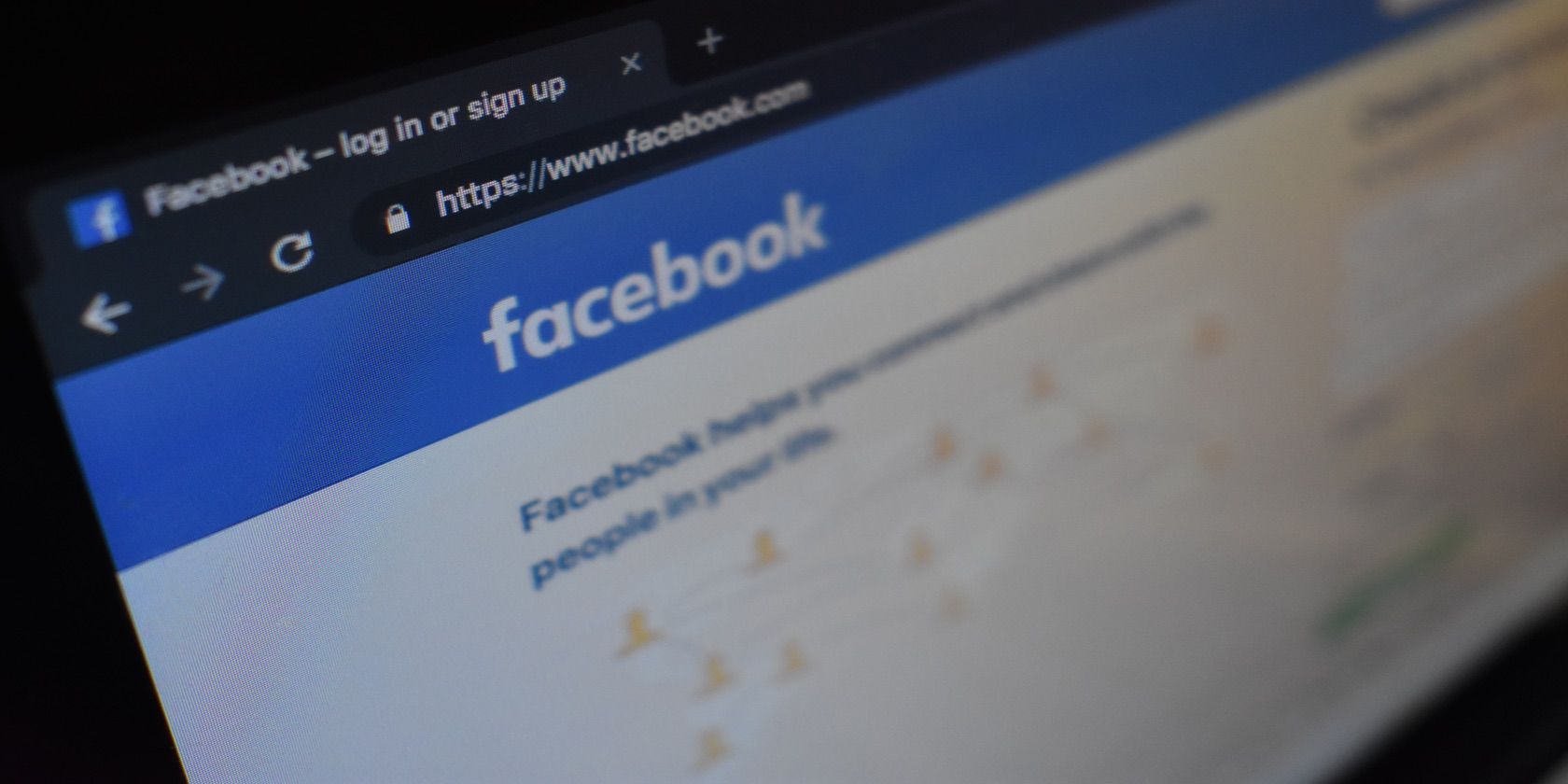Satire is social commentary. It’s the use of humor, ridicule, and wit to point out the vices, follies, and shortcomings of people and society. But how does Facebook define the genre, and does it have a place on the platform?
Facebook Will Soon Update Its Community Standards
In response to a recommendation from its Oversight Board, Facebook is updating its Community Standards to better explain what the it considers to be satirical content in the first place.
The board noticed that while Facebook says its guidelines make exceptions for satire, the platform never gives its own definition the term, leaving lots of room for confusion.
So now, a framework is being developed for the moderation team to use when evaluating satire, for proper assessment of potential hate speech violations. “We plan to complete this update by the end of this year,” Facebook says.
Given the context-specific nature of satire, we are not immediately able to scale this kind of assessment or additional consultation to our content moderators. We need time to assess the potential tradeoffs (…), and [there will be] potentially slower review times among our content moderators.
This update comes after the Oversight Board challenged Facebook’s decision to remove a user comment that referred to the Turkish government with the “Daily Struggle” meme. Here is the board’s description of the comment in question:
This meme featured the same split-screen cartoon from the original meme, but with the cartoon character’s face substituted for a Turkish flag. The cartoon character has their right hand on their head and appears to be sweating. Above the cartoon character, in the other half of the split-screen, there are two red buttons with corresponding labels, in English: “The Armenian Genocide is a lie” and “The Armenians were terrorists who deserved it.” The meme was preceded and followed by “thinking face” emoji.
After the comment was removed, the user that made it filed an appeal to Facebook, saying that “historical events should not be censored,” and that the comment was not made to offend anyone. It only meant to point out the “the irony of a particular historical event.”
Is Satire a Dying Art?
As the current generation of young people works to become more inclusive of and privy to the many cultures of the world, there is much discussion of whether political correctness is “killing” satire, and even comedy in general.
On social media in particular, satirical humor and irony can be tricky to navigate. Especially if the content is written, and not in photo or video form—it’s harder to detect sarcasm, for instance.
A humorous comment can easily be misunderstood as a defamatory one if the listener doesn’t have the context of the conversation. Unfortunately, this sort of thing seems to be something that Facebook (and all other major platforms, really) will have to deal with on a case-to-case basis.
You can read Facebook’s full post on the upcoming changes on the Transparency Center.
About The Author

.jpg?fit=crop&w=100&h=100)